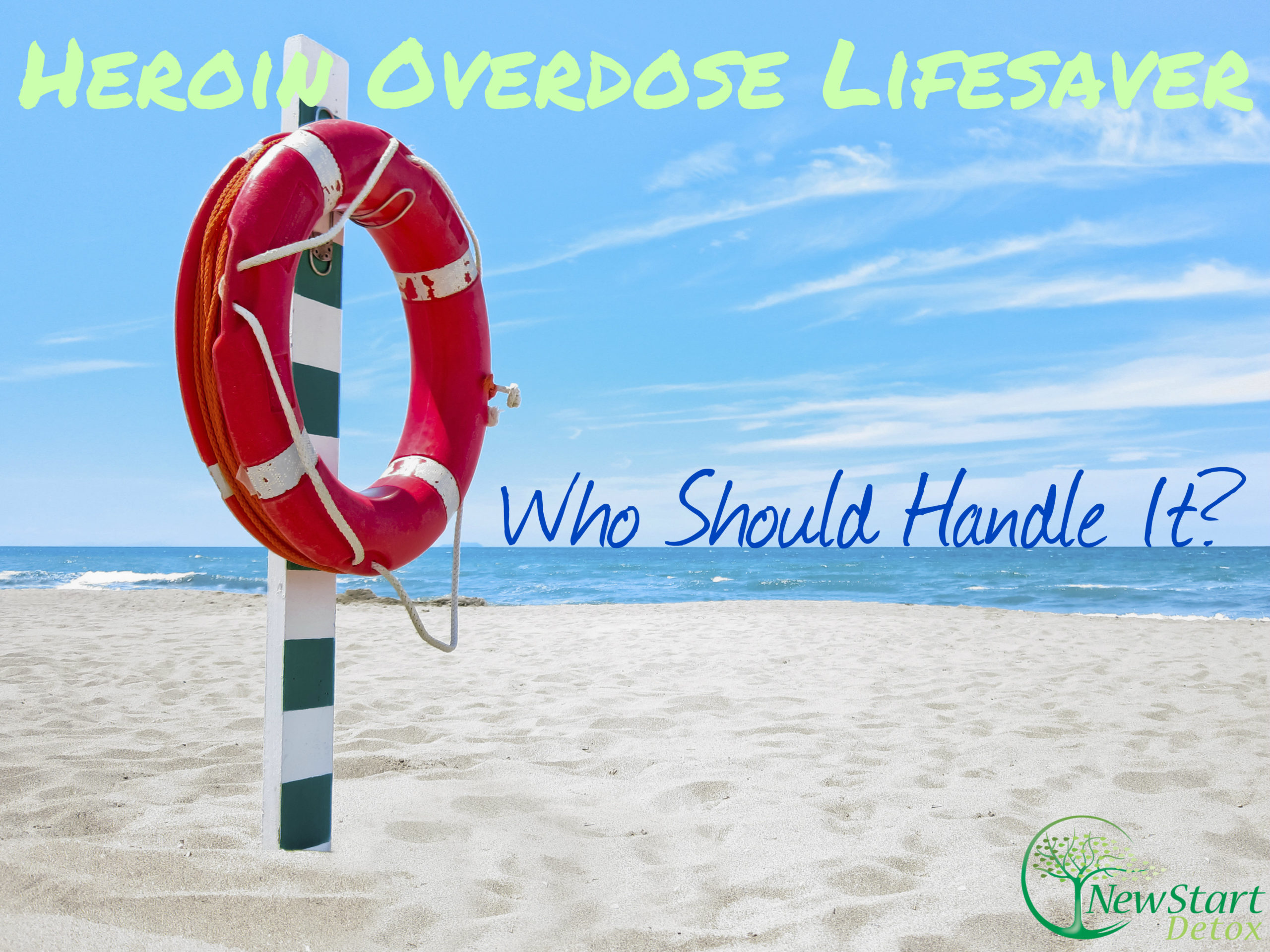 Naloxone, also known as Narcan, is a powerful drug that acts as an opioid antagonist and quickly reverses the effects of a heroin overdose and other opioid drugs. If administered in time, it can prevent death from overdose. Its effectiveness is so well-documented that at least seventeen states now permit naloxone to be administered by police and paramedics. Over half of those states also allow friends and family members of drug abusers to carry the drug.
Naloxone, also known as Narcan, is a powerful drug that acts as an opioid antagonist and quickly reverses the effects of a heroin overdose and other opioid drugs. If administered in time, it can prevent death from overdose. Its effectiveness is so well-documented that at least seventeen states now permit naloxone to be administered by police and paramedics. Over half of those states also allow friends and family members of drug abusers to carry the drug.
What is the Downside If This Prevents a Heroin Overdose?
There is some controversy over the wisdom of allowing third parties (non- safety or law enforcement personnel) to hold and administer this heroin overdose antidote. Critics maintain that the availability of an antidote to overdose would encourage drug use, as the danger of such use would be minimized. This may be similar to the argument that using seat belts encourages people to drive faster, as they know they are protected from injury. Proponents argue that the amount of lives saved outweighs any other considerations, and government agencies are beginning to agree.
Police in the town of Quincy, Massachusetts, have used naloxone 179 times since 2010, with a 95% success rate in reversing overdoses. At least seven states have bills pending to increase access. Accompanying issues include
- legal immunity for those who report overdoses, so that life-saving treatment can be administered in time
- civil liability for those who administer the drug, so that repercussions wouldn’t be a counter-incentive to intervention
- training for over-the-counter naloxone buyers
Opiate overdose causes the body to fail in respiratory function. Naloxone acts as a heroin overdose antidote by blocking the receptors in the brain that opiates bind to, interfering with the effect of the opiates.

